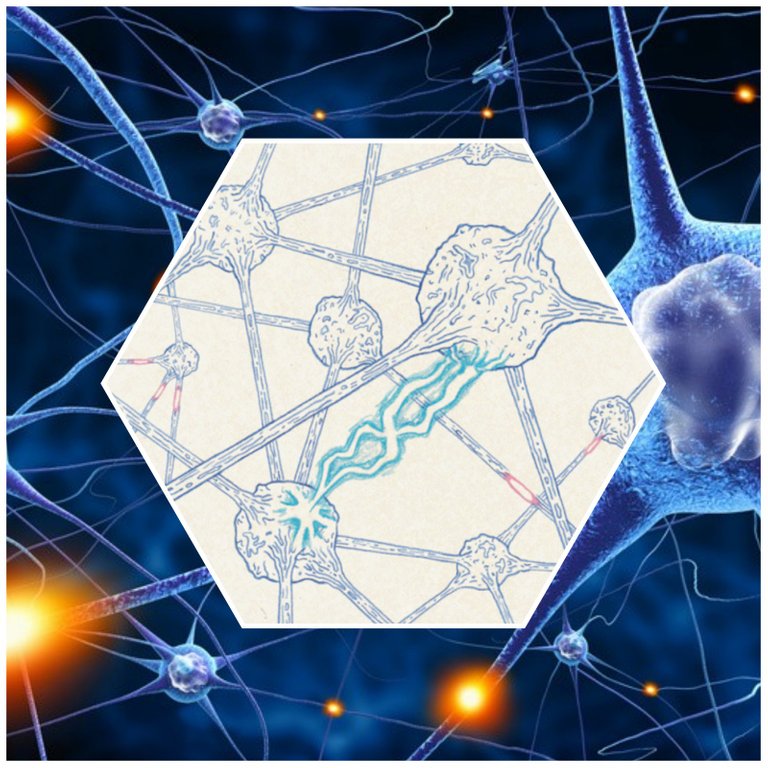The nerve cells of our brain, called neurons, exchange a lot of information with each other through synapses. They carry information and process it.

The synapse is the junction zone between two neurons: it is the place where the nervous message travels from one cell to another. In our brains, synapses are innumerable: 100 billion neurons each establish several thousand contacts, thus realizing a real network of communication!😲😲
These contacts are particularly important in the process of memorizing information and learning.
Indeed, learning is a reaction of synapses to a stimulation of their environment: perception, emotion, dream and cognition.
During a stimulus, synapses convey a nerve message between two neurons. Depending on the stimuli, existing synapses are modified or new synapses may appear.
So, how to improve the way we learn?
Neuroscience advocates, to learn, several elements:
-Link the new information to be acquired to the ones we already have:giving meaning to our existing knowledge makes it possible to understand the information to be learned.however Learning by heart, without understanding, constitutes isolated traces "and is therefore not effective.
-Consolidate learning
When a link is created between neurons, it must then be well consolidated for learning to be effective. The consolidation of these traces can be done by working frequently the acquired knowledge.
In summary, learning is a transformation of the Central Nervous System and the behavior initiated by an interaction with the environment.
cordially,@SuperMag